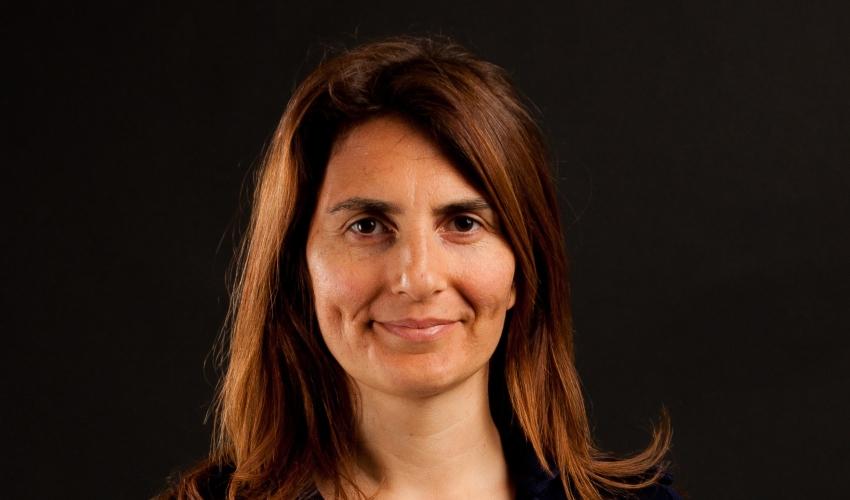
The World as a Profession. The Evolution of International Diplomacy
EITHER AS DIPLOMATS REPRESENTING THEIR COUNTRY ABROAD OR AS OFFICIALS WORKING IN INTERNATIONAL ORGANIZATIONS, JOB ROLES IN INTERNATIONAL DIPLOMACY ARE ADJUSTING TO THE CURRENT REACTION AGAINST MULTILATERALISMby Valentina Mele, Dept.of Policy Analysis and Public Management, Bocconi
Translated by Alex Foti
In an increasingly multipolar global environment, characterized by complex interactions between actors, it is all the more necessary to have well-established platforms for international relations such as supranational organizations and agencies. However, a re-emergence of nationalistic aspirations focuses on regional interests with a limited time-horizon, and priorities have shifted toward bilateral negotiations instead of multilateral agreements. These are among the main factors which have put into question the system of international consultation and intervention that was established after World War II. There is a tangible threat posed to the structures and dynamics of multilateralism, which is not so much to be eliminated soon, but to be slowly undermined by the so-called 'threat of irrelevance' that could lead to a decline in their role, function and political salience.
The actors of multilateralism have been aware of this threat for some time, but haven't always found convincing answers while engaging in systemic reform. The most visible attempts to change the structure of multilateralism, include reforms of the UN Security Council and demands for more Europe or, to the contrary, fragmentation of the EU along national lines. In parallel to these attempts at macro changes, there are micro changes concerning 'international careers', which, though less visible, are perhaps among the most promising ways to leverage multilateralism and have an actual impact in existing international political dynamics.
To understand these changes, a distinction needs to be made between the two major international careers, that of diplomat and international civil servant. The former combines international elements with a strong domestic connotation. The role played by ambassadors and diplomatic staff is to conduct the international relations of their country of belonging and provides careers based on job assignments that alternated between missions abroad and re-entry at the Ministry of Foreign Affairs of the country of origin, so to reinforce national identity. The latter career is instead based on the principle that officials acquire supranational identity that over time will lead them to be part of a cosmopolitan elite disconnected from their home country but especially from the specific interests of their respective governments. There is also a symbolic value of this principle, included for example in the UN statutes and in the constitution of the European Union, is often sanctioned by an oath of loyalty to the international organization, according to which the official shall not put the interests of his/her country of provenance above that of the organization.
Having listed the main differences between the two careers, there is an ongoing evolution of the diplomatic career, which was traditionally focused on sharp political and relational acumen, towards a growing emphasis on the provision of public services to citizens and businesses abroad. This new kind of service diplomacy is based on professional employment that rewards, according to of the Italian Ministry of Foreign Affairs, "interdisciplinarity, rapidity, professionalism, preparation, and communication."
In the most recent developments in careers as international officials, one of the watchwords is certainly permeability. This is meant between areas of intervention, encouraging diplomats to move from health to economic development, facilitating access from professionals in the private sector, fostering mobility within the same organization, thereby requesting experience both at headquarters and in the field. In some agencies, there is even mandatory mobility, such as the Office of the High Commissioner for Refugees and the World Food Program, where rotation of tasks is expected from personnel at periodic intervals.
Despite the differences in the developments of the two international careers, there is also a common denominator. Diplomacy as service and permeability both seem to respond to the need to increase the effectiveness of activities related to multilateralism. Having officials come down from the ivory tower decreases the risk they have a partial vision and offer too modest solutions. Developments that facilitate the interplay between the public and the private sector, the exchange of expertise between units, organizations and areas of operation, through internal mobility and increased attention to delivering services that are closer to the needs of final recipients are all encouraging signs of the ongoing quest of multilateral diplomacy to stay relevant.
A caveat must be made, however. There is the risk that such commendable efforts yield to the temptation of universal recipes and easy slogans for reasons of political consensus, forgetting the specific requirements related to a diplomatic official's mandate. Multilateralism should therefore not be reduced to reform designs that achieve 'concrete action' in the eyes of public opinion. Long and grueling international negotiations, in spite of their often uncertain outcome, are in fact one of the few opportunities that exist in our societies to tackle complex global problems, and solve or prevent international conflict.
Read other articles on the topic:
Washington was in my destiny. The tale of Andrea Salerno
I discovered I was hungry at EXPO2015. The tale of Tatiana Tallarico
As a child my dream was to be an ambassador. And today my suitcases are always ready. The tale of Aurora Russi
I am a globetrotter at the service of health. The tale of Marzia Calvi
